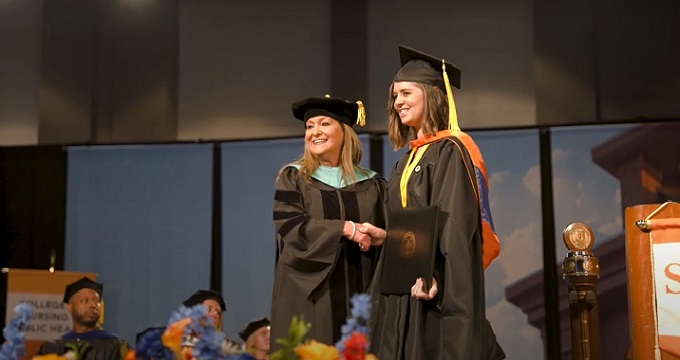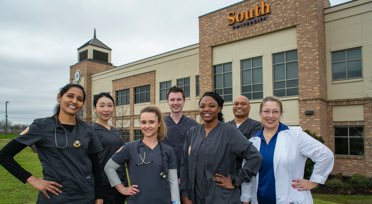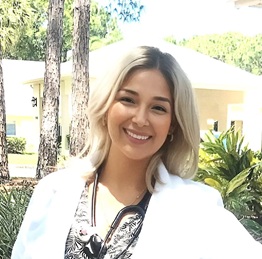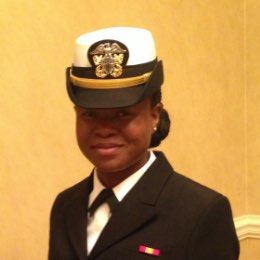Family Nurse Practitioner MSN Degree Program

Master of Science in Nursing Degree in Family Nurse Practitioner (MSN FNP)

Good health is a lifelong concern. South University’s Master of Science in Nursing with a specialization in Family Nurse Practitioner (MSN FNP) degree program is designed to prepare future nurse practitioners to care for their patients, no matter their age. By earning an MSN degree in nursing, you can encourage healthy behaviors to help patients and families thrive. The MSN FNP program is designed to help our students further their nursing career by specializing in FNP*, with a well-rounded education to help graduates provide the best possible care.
Scroll further to see which South University campuses offer this program.
*Graduates are required to pass the national certification exam and obtain a state license in order to work in the field. (Exam names vary by program.) Please refer to the State Professional Licensure Determination and National Certification/Licensure section of the University catalog for additional information. South University cannot guarantee each graduate will pass the required licensure examinations. South University does not promise or guarantee licensure, employment, or salary amounts.
Commission on Collegiate Nursing Education
The Bachelor of Science in Nursing, the Master of Science in Nursing, and Doctor of Nursing Practice Programs at South University are accredited by the Commission on Collegiate Nursing Education (http://www.ccneaccreditation.org).

Build a Strong Foundation For Your Future
What's New
Latest News and Blogs

Feb 18, 2026
PTA Alumni Spotlight: Veteran Leads Home Health Agency
See how South University helped US military veteran Waddie Freeman grow his career in healthcare, from becoming a PTA to running a home health agency.

Feb 17, 2026
The Future of Home Care: Trends and Predictions
Learn what home care trends are driving growth in home health care, including an aging population, new technology, and evolving payment models.

Feb 10, 2026
Popular Degrees for Veterans
Learn what degrees are a common choice for veterans as they set out to achieve their goals and transition smoothly from military member to civilian.

Feb 10, 2026
Assistant Dean Helps Patient Receive Treatment
Karen M. Wilcox, the Assistant Dean of the graduate programs, used her expertise to help one of her patients detect and receive treatment for cancer.

Feb 04, 2026
MSN Alumni Spotlight: From CNA to FNP
Meet South University graduate Charlene Coates and learn how she went from being a certified nursing assistant to becoming a family nurse practitioner.

Feb 03, 2026
Anesthesiologist Assistant Programs: What Makes a CAA Program right for you?
If you want to become a Certified Anesthesiologist Assistant (CAA), choosing a school is a big decision. Find out what to look for in a CAA program.
Fill out the form and a representative will contact you today to better understand your academic goals plus answer any questions you may have.
Campuses offer flexible learning formats* including: on-campus, virtual instructions, and online courses.
*Clinical, practicum, and externship requirements exist in certain programs and require field experiences. Learning formats may not be flexible.
Success! Your request was submitted. We'll be in touch soon!
In the meantime, you can view some of our FAQs.
If you want to talk to an admissions representative ASAP, please contact us at (888) 444-3404.
Outstanding Education for Remarkable Careers
We're committed to helping our graduates make an impact in their professional and personal lives. We applaud our nursing alumni and the difference they make. Check out what some of our nursing graduates have to say.






